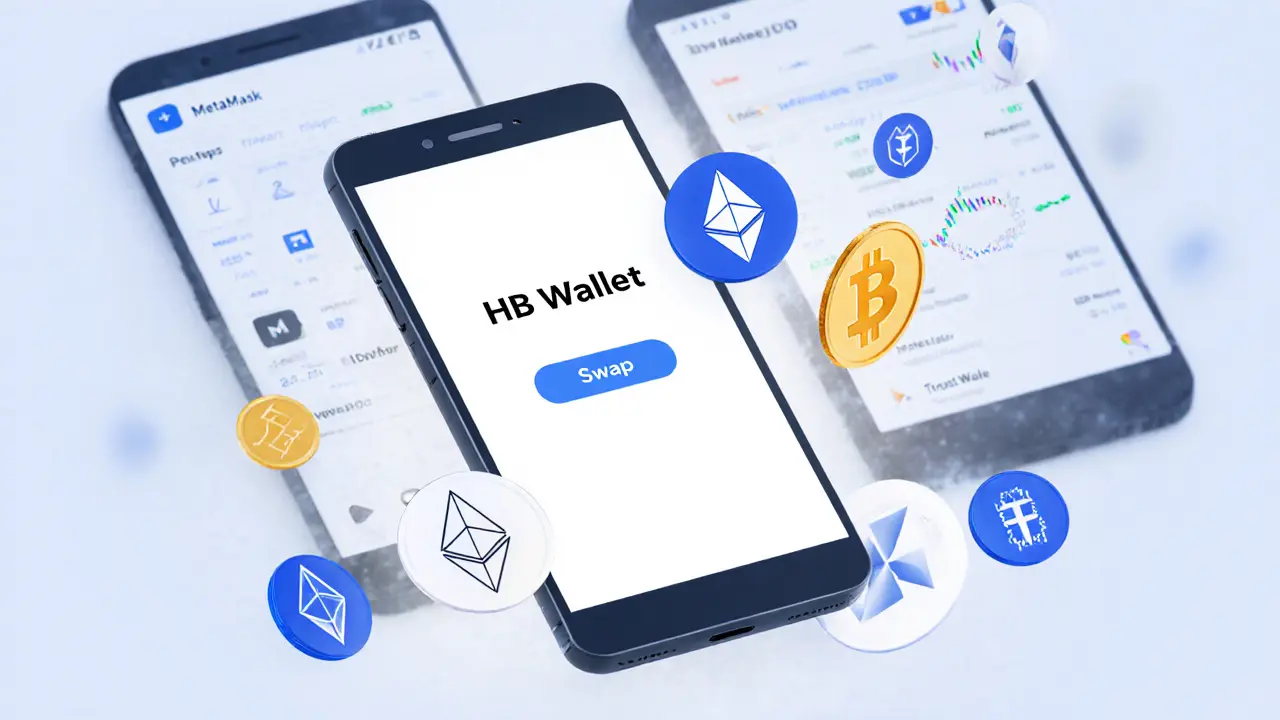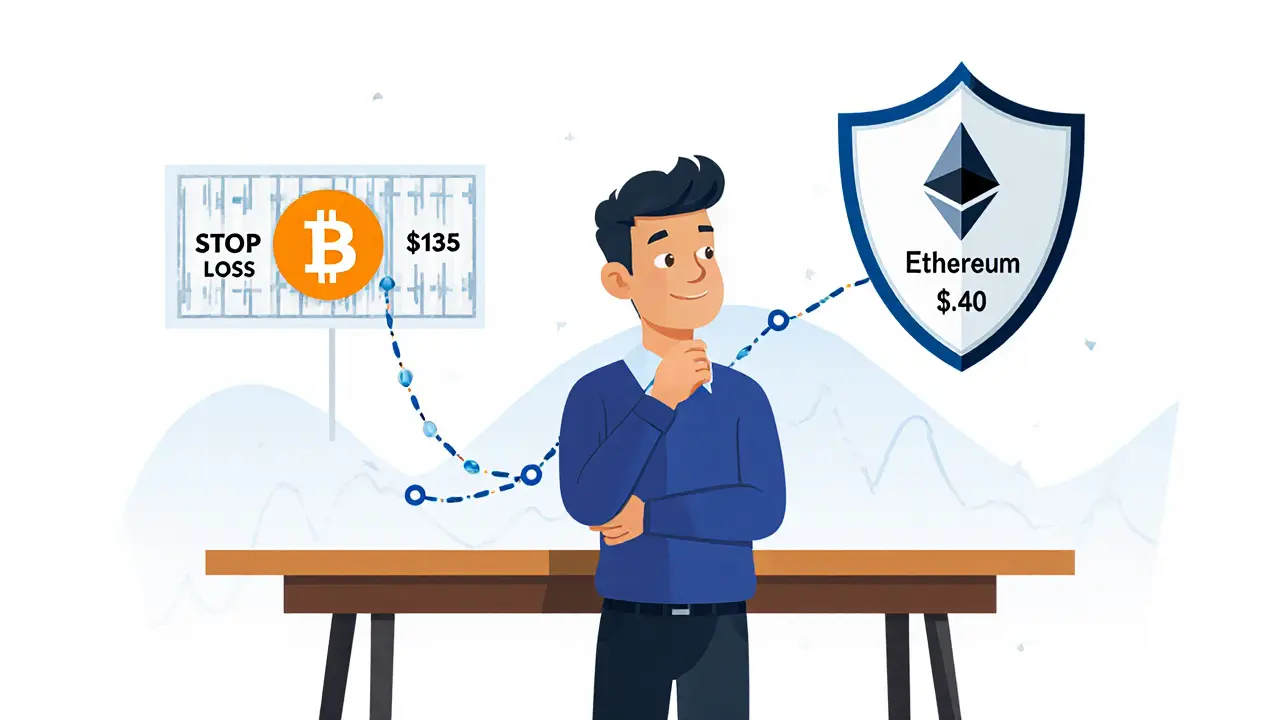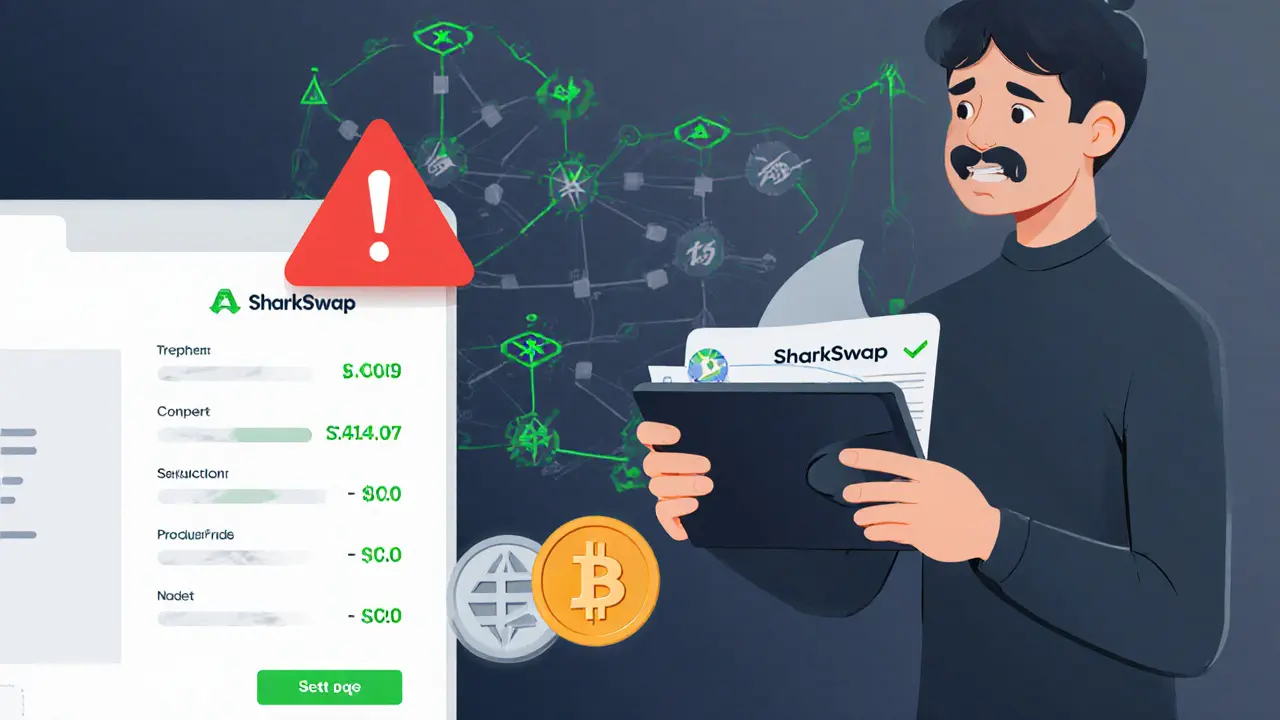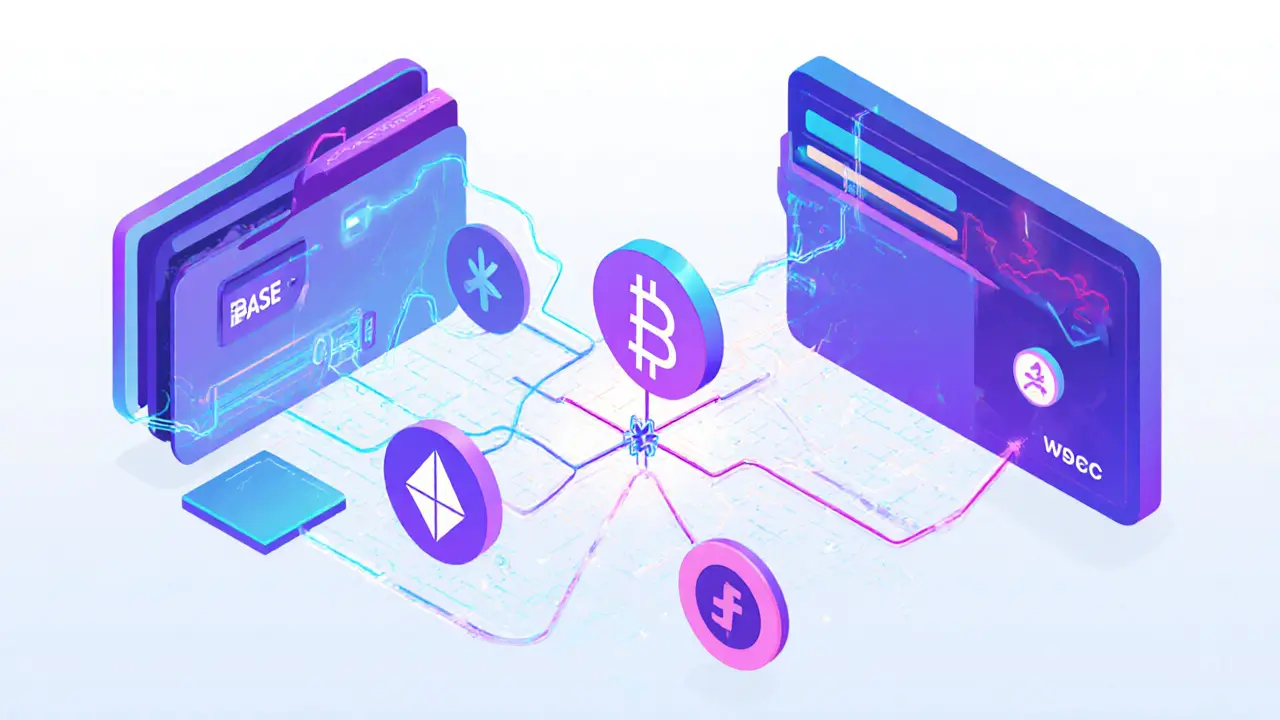Crypto Trading: What Works, What Doesn’t, and Where to Avoid Losses
When you engage in crypto trading, the act of buying and selling digital assets like Bitcoin, Ethereum, or niche tokens on exchanges or decentralized platforms. Also known as digital asset trading, it’s not just about timing the market—it’s about understanding who’s behind the platform you’re using, whether the liquidity is real, and if the tax rules even apply to you. Most people think crypto trading means picking the next big coin and riding the wave. But the truth? Half the platforms you’ll find online are ghost towns—or outright scams.
Take decentralized exchange, a peer-to-peer crypto trading platform that doesn’t rely on a central company to hold your funds. Also known as DEX, it sounds safe until you realize some have $0 in daily volume, like IceCreamSwap on Blast, or barely $356 like Wagmi on Kava. These aren’t just inactive—they’re traps for new traders who assume ‘no central authority’ means ‘no risk.’ In reality, low liquidity means you can’t sell when you need to, and no support means you’re stuck. Then there’s crypto exchange scam, a fake platform designed to steal deposits by pretending to offer trading, airdrops, or high yields. Also known as fake DEX, sites like LocalCoin DEX and Coinbook don’t just vanish—they drain your wallet the moment you connect it. And if you’re trading and not tracking taxes? You’re playing Russian roulette with the IRS. crypto tax evasion, failing to report crypto gains to tax authorities. Also known as unreported crypto income, it can land you in jail for five years and cost you $250,000 in fines, because the IRS now tracks every wallet address linked to a major exchange.
What’s left? Real trading means checking volume, understanding custody, and knowing when to walk away. Wrapped assets like WBTC let Bitcoin work on Ethereum—but they rely on centralized custodians. Some exchanges like Wagmi on IOTA EVM offer feeless swaps for believers, but only two trading pairs and no fiat support make them tools for niche use, not daily trading. And if a platform isn’t listed on CoinMarketCap or has no user reviews, assume it’s a ghost.
Below, you’ll find real reviews of exchanges that actually work—or don’t—and the scams you need to avoid. No fluff. No hype. Just what’s happening in crypto trading right now, and how to keep your money safe while you learn.
HB DEX Crypto Exchange Review: Is It Worth Using in 2025?
HB DEX is a built-in trading feature in HB Wallet that lets you swap Ethereum tokens without leaving the app. But in 2025, its lack of liquidity, advanced features, and cross-chain support makes it outdated for serious traders.
Details +Stop-Loss vs Trailing Stop: Which One Protects Your Crypto Trades Better?
Stop-loss and trailing stop orders are essential tools for protecting crypto trades. Learn how each works, when to use them, and how top traders combine both to maximize gains and minimize losses.
Details +SharkSwap Crypto Exchange Review: What You Need to Know in 2025
SharkSwap is a decentralized crypto exchange with no public team, audits, or trading volume. It's only mentioned in tax guides because it generates taxable events. Learn why most users should avoid it in 2025.
Details +PancakeSwap V3 (Base) Crypto Exchange Review: Fees, Liquidity, and Real Performance
PancakeSwap V3 (Base) offers zero trading fees, concentrated liquidity, and fast transactions on Coinbase's Base blockchain. Learn how it compares to other DEXs and whether it's right for your crypto trading.
Details +


